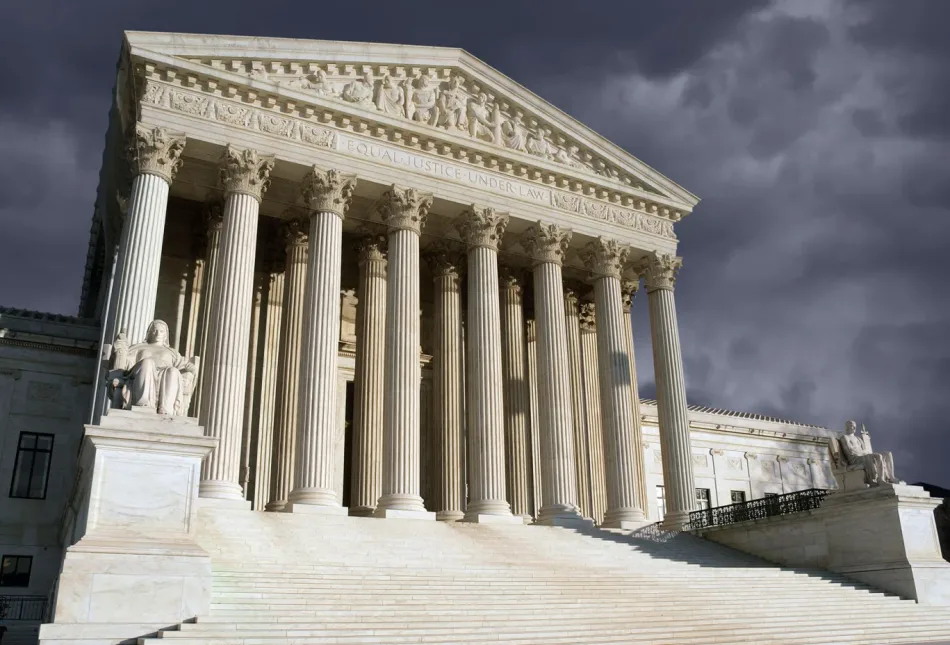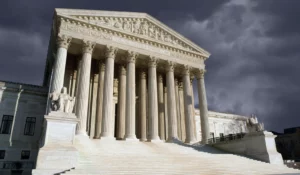Supreme Court decisions of note

The US Supreme Court spends much of June handing down decisions. Overall the Court with its 6-3 majority reflecting “conservative” judicial principals did pretty well and some of the Court’s biggest decisions could have profound, positive impacts on American society and the rule of law (not to mention the economy).
Unfortunately, the first decision to consider, Murthy v. Missouri is probably their worst decision. The Court did not decide on the merits of the case, but on a 6-3 basis said the plaintiffs lacked “standing.” I don’t know if anyone who HAS standing can get a similar case to the Court, but this decision will allow the US government to continue bullying and cajoling social media companies to limit or eliminate speech the government doesn’t like. It is hard to see how this doesn’t violate the 1st amendment, but the Court seemed to struggle with where to draw the line in limiting government contact with social media companies.
The Court overturned Johnson v. Grants Pass. The original decision had declared that it violates the Eighth Amendment’s “cruel and unusual punishment” clause to arrest people for sleeping on public property (like parks and sidewalks), unless the government had sufficient space in its own homeless shelters to house them. There is no right to housing in the US Constitution and this seems like an easy one, but it was “only” a 6-3 decision in favor of sanity.
The Keller Administration in Albuquerque has cited the overturned decision as a reason it cannot enforce laws against the “homeless” camping in public spaces. Hopefully this moves them and other cities toward enforcement.
The most important case of all may just be Loper Bright Enterprises v. Raimondo and Relentless, Inc. v. Department of Commerce which essentially overturns so-called Chevron Deference. Chevron Deference meant that regulatory agencies (part of the executive branch) could essentially write laws on their own by broadly interpreting laws passed by Congress in ways that apply to issues that were never even considered by Congress when the laws passed.
Congress will no longer be able to dump the majority of “legislating” on federal agencies, but will instead have to pass detailed and clear regulations. Of course many in Congress would prefer to avoid having to take that responsibility.

